ICHG 2011
Recent articles
Growth factor improves autism symptoms in mice
Mice lacking a copy of SHANK3, a gene associated with autism and intellectual disability, show marked improvements in brain signaling after being treated with insulin-like growth factor 1, according to unpublished findings presented Saturday at the International Congress of Human Genetics in Montreal, Canada.
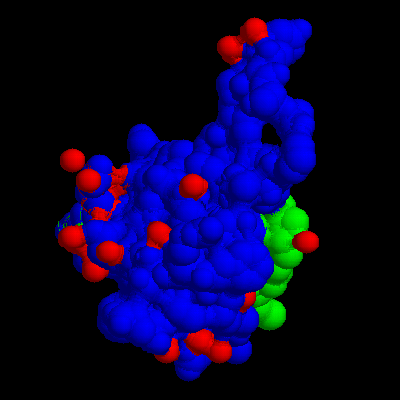
Growth factor improves autism symptoms in mice
Mice lacking a copy of SHANK3, a gene associated with autism and intellectual disability, show marked improvements in brain signaling after being treated with insulin-like growth factor 1, according to unpublished findings presented Saturday at the International Congress of Human Genetics in Montreal, Canada.
Researchers debut mice with links to Williams syndrome
Mouse pups with a duplication of GTF2I, a gene linked to Williams syndrome and autism, show extreme separation anxiety when separated from their mothers, according to unpublished findings presented Thursday at the International Congress of Human Genetics in Montreal, Canada.
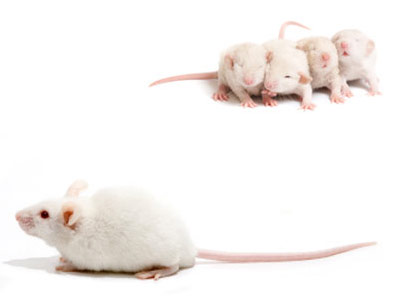
Researchers debut mice with links to Williams syndrome
Mouse pups with a duplication of GTF2I, a gene linked to Williams syndrome and autism, show extreme separation anxiety when separated from their mothers, according to unpublished findings presented Thursday at the International Congress of Human Genetics in Montreal, Canada.
Fast-evolving gene is key player in brain development
A gene that changed rapidly after the human genome diverged from that of Neanderthals plays a critical role in brain development, according to unpublished results presented Thursday at the International Congress of Human Genetics in Montreal, Canada.
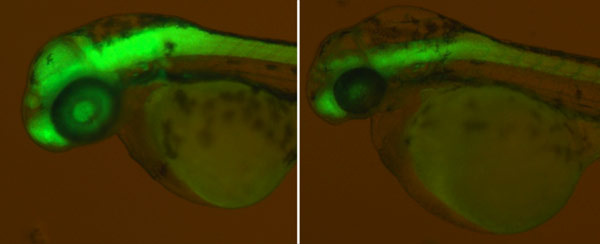
Fast-evolving gene is key player in brain development
A gene that changed rapidly after the human genome diverged from that of Neanderthals plays a critical role in brain development, according to unpublished results presented Thursday at the International Congress of Human Genetics in Montreal, Canada.
Explore more from The Transmitter
Okur-Chung neurodevelopmental syndrome; excess CSF; autistic girls
Here is a roundup of autism-related news and research spotted around the web for the week of 21 October.
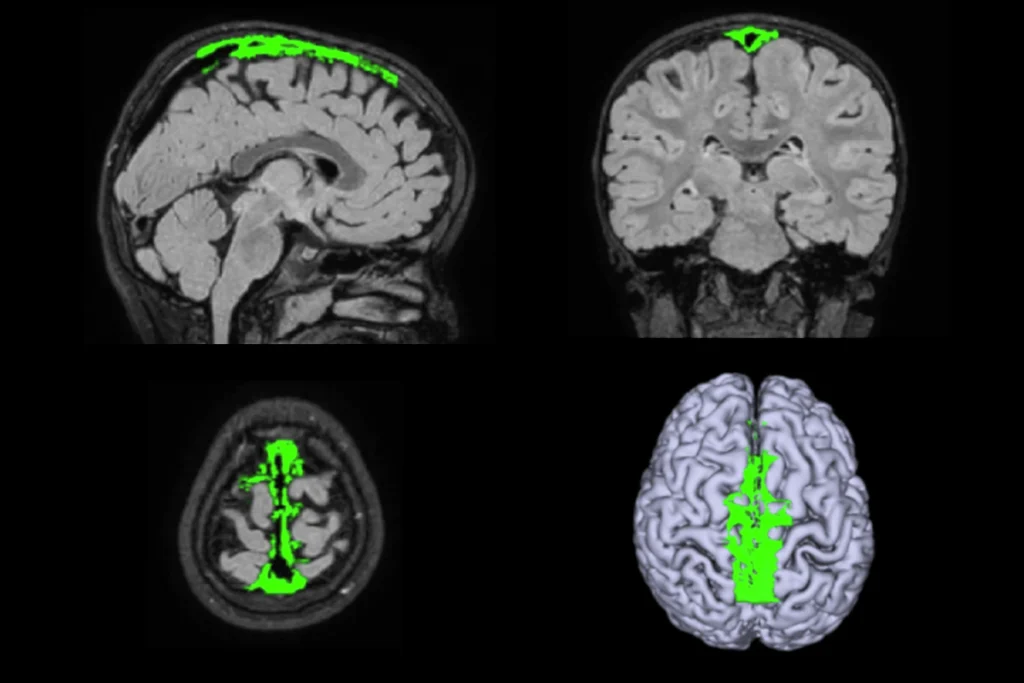
Okur-Chung neurodevelopmental syndrome; excess CSF; autistic girls
Here is a roundup of autism-related news and research spotted around the web for the week of 21 October.
Brains, biases and amyloid beta: Why the female brain deserves a closer look in Alzheimer’s research
New results suggest the disease progresses differently in women, but we need more basic science to unpack the mechanisms involved.
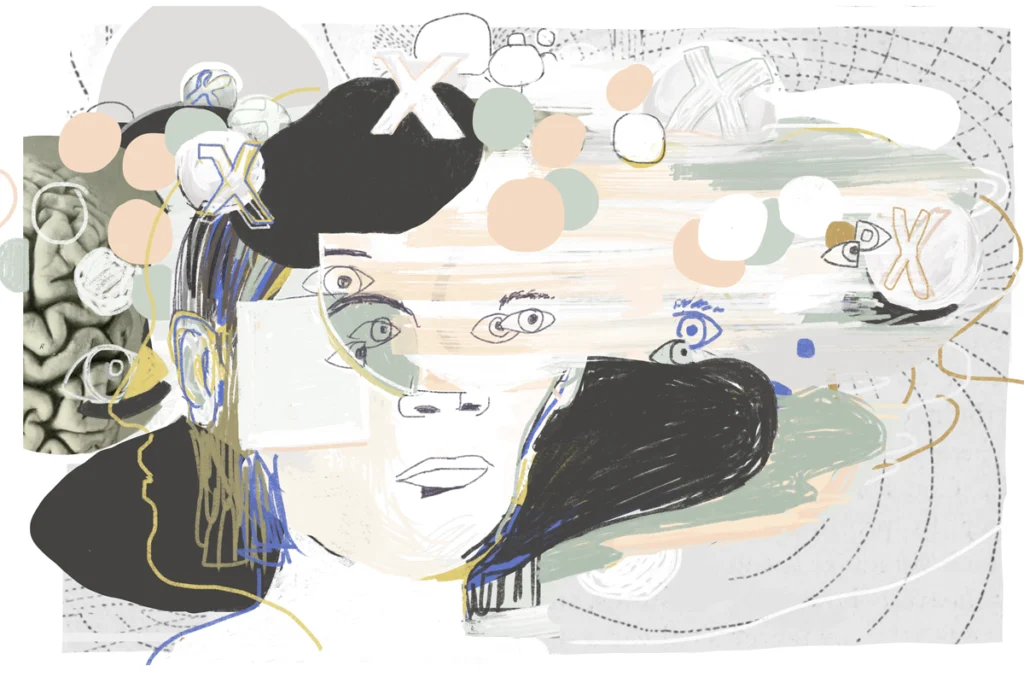
Brains, biases and amyloid beta: Why the female brain deserves a closer look in Alzheimer’s research
New results suggest the disease progresses differently in women, but we need more basic science to unpack the mechanisms involved.
Are brains and AI converging?—an excerpt from ‘ChatGPT and the Future of AI: The Deep Language Revolution’
In his new book, to be published next week, computational neuroscience pioneer Terrence Sejnowski tackles debates about AI’s capacity to mirror cognitive processes.

Are brains and AI converging?—an excerpt from ‘ChatGPT and the Future of AI: The Deep Language Revolution’
In his new book, to be published next week, computational neuroscience pioneer Terrence Sejnowski tackles debates about AI’s capacity to mirror cognitive processes.